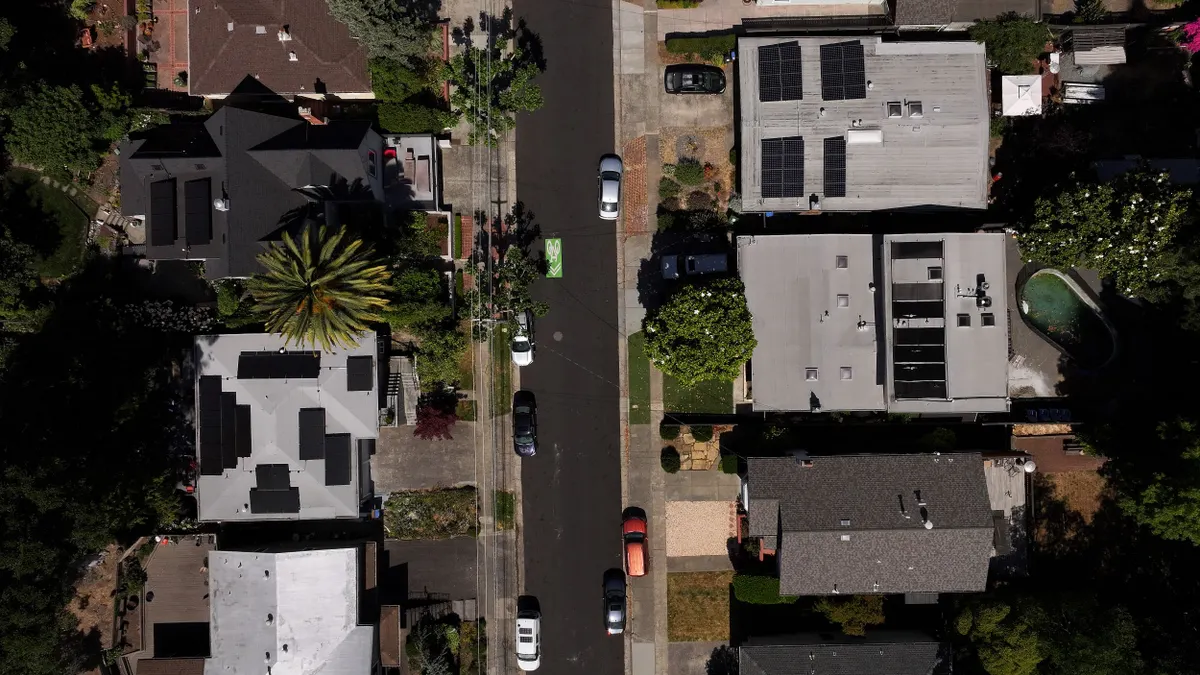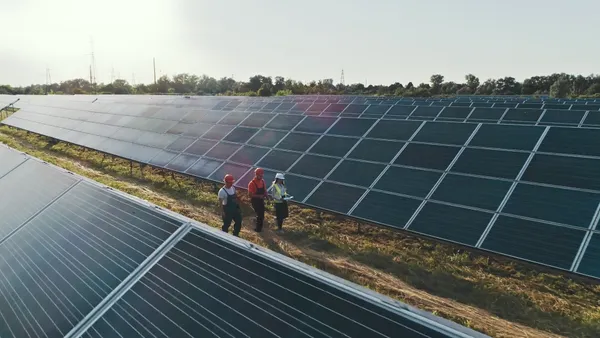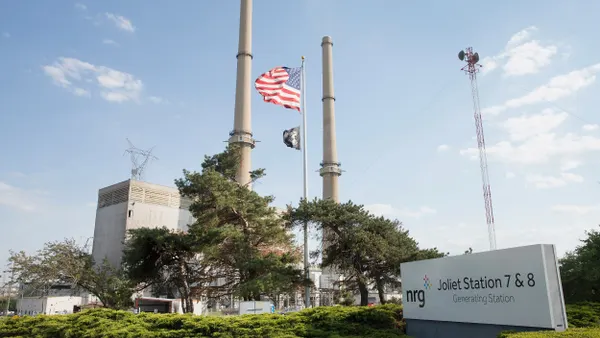Dive Brief:
- Virginia lawmakers have approved a bill aimed at halting the state from capping carbon and joining the Regional Greenhouse Gas Initiative (RGGI). Gov. Ralph Northam, however, has said that he intends to veto the measure.
- Northam, continuing on work begun by former Gov. Terry McAuliffe, wants Virginia to be the first Southern state to cap carbon emissions. A draft rule under consideration would cap carbon emissions at around 33 million tons, starting in 2020.
- The issue comes to the forefront just as the state unfroze the rates of Dominion Energy, the largest utility in Virginia, via legislation that will also boost investment in energy efficiency and renewables.
Dive Insight:
Last week, RGGI announced the result of its 39th auction of carbon dioxide allowances, revealing that it generated $51.4 million for reinvestment in a variety of programs for its members. The program is a collective of nine Northeast and Mid-Atlantic states, and was the first market-based regulatory program in the United States aimed at combating climate change.
Efforts to bring Virginia into RGGI were begun in the McAuliffe administration and have continued with Northam. The two announced the plan in a joint legislative agenda in January. But Republicans in the state, which control the House and Senate, say the proposal oversteps the governor's authority and is not really about greenhouse gas control.
Republican Sen. Frank Wagner told the Richmond Times-Dispatch, “It has little to do, I believe, with actually reducing greenhouse gas emissions ... It’s very clear that it’s been used, RGGI’s been used, as a money-making capacity for the states."
Public hearings on the plan have wound down, and the comment period ends April 9. Under Northam's proposal, the carbon cap would begin at either 33 or 34 million tons and would decline 3% annually. The rule would apply to power plants over 25 MW. But there have been energy issues that united legislators and the governor.
On March 9, Northam signed legislation to return oversight of utilities' rates to the State Corporation Commission. The legislation will allow regulators to review rates every three years, and between those reviews, utilities can invest any overcharges into efficiency, renewables and grid upgrades.
Lawmakers froze rates in 2015 to protect customers from potential rate hikes related to the Obama administration's Clean Power Plan. Trump has worked to dismantle many of Obama's environmental and energy regulations, withdrawing the Clean Power Plan among them.













